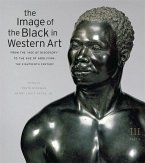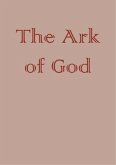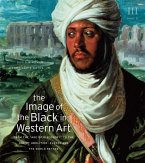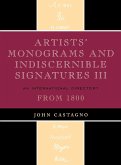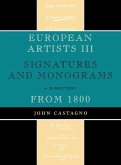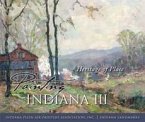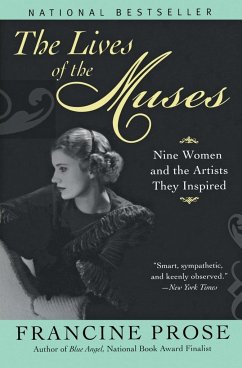The Lives of Images, edited by Stanley Wolukau-Wanambwa, is a set of contemporary thematic readers designed for educators, students, practicing photographers, and others interested in the ways images function within a wider set of cultural practices. The series tracks the many movements and "lives" of images-their tendency to accumulate, circulate, and transform through different geographies, cultures, processes, institutions, states, uses, and times.
Volume 3 in this series, Archives, Histories, and Memory, addresses the ways repositories of images are complexly bound up with the formation of histories, the perceptual limits of the photograph, the exercise of state power, and with subaltern practices of countermemory. The reemergence of the figure, subject, and methods of the archive in contemporary twenty-first-century artistic practices is considered, as are non-art engagements with archival production in the formation of counterhegemonic histories, whether in the heat of revolutionary struggle or as recuperative practice for marginalized subjects. Questions of imperialism's influence over archival practices and the contested state of the image and the document recur in varying contexts. Taken together, the essays in this volume probe what remains and persists through strategies of preservation, what the politics of preservation accommodate and disavow, what exceeds inscription within the photograph but persists as a ghosting of the image (or the archive), and what the limits of artistic strategies centered in the archive might tell us of our present moment.
Contributions by Ariella Aïsha Azoulay, Lara Baladi, Claire Bishop, Ann Cvetkovich, Saidiya Hartman, Marianne Hirsch, Julietta Singh, Katrina Sluis, John Tagg, and Jalal Toufic
Hinweis: Dieser Artikel kann nur an eine deutsche Lieferadresse ausgeliefert werden.
Volume 3 in this series, Archives, Histories, and Memory, addresses the ways repositories of images are complexly bound up with the formation of histories, the perceptual limits of the photograph, the exercise of state power, and with subaltern practices of countermemory. The reemergence of the figure, subject, and methods of the archive in contemporary twenty-first-century artistic practices is considered, as are non-art engagements with archival production in the formation of counterhegemonic histories, whether in the heat of revolutionary struggle or as recuperative practice for marginalized subjects. Questions of imperialism's influence over archival practices and the contested state of the image and the document recur in varying contexts. Taken together, the essays in this volume probe what remains and persists through strategies of preservation, what the politics of preservation accommodate and disavow, what exceeds inscription within the photograph but persists as a ghosting of the image (or the archive), and what the limits of artistic strategies centered in the archive might tell us of our present moment.
Contributions by Ariella Aïsha Azoulay, Lara Baladi, Claire Bishop, Ann Cvetkovich, Saidiya Hartman, Marianne Hirsch, Julietta Singh, Katrina Sluis, John Tagg, and Jalal Toufic
Hinweis: Dieser Artikel kann nur an eine deutsche Lieferadresse ausgeliefert werden.


